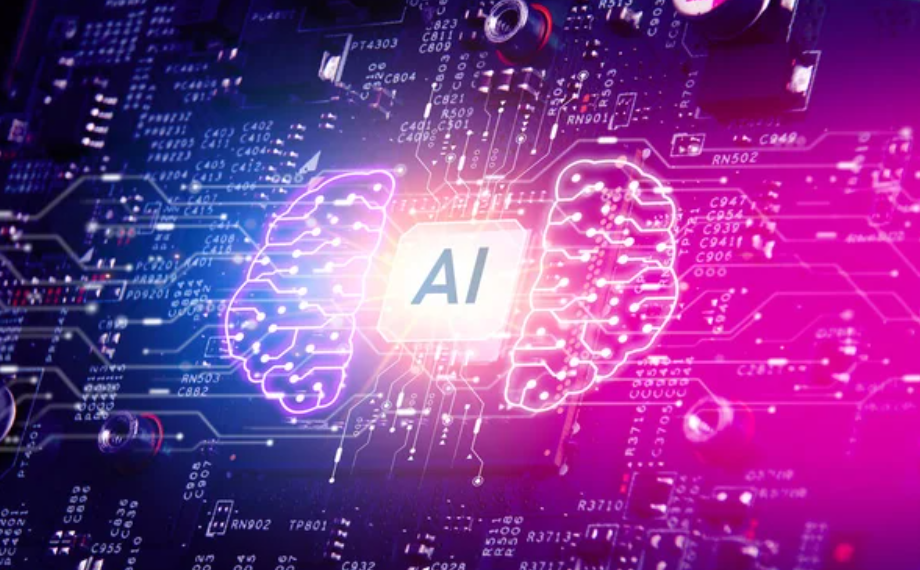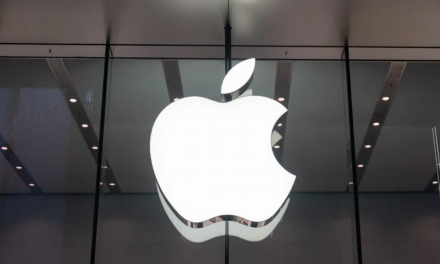Casper Labs, a leader in blockchain services, has recently announced a groundbreaking initiative to integrate artificial intelligence (AI) with Web3 technologies. This ambitious project, in collaboration with technology giant IBM (NASDAQ: IBM), aims to enhance transparency and safeguard consumers more effectively.
This collaboration will see Casper Labs and IBM working together to blend these cutting-edge technologies. Their goal is to devise a system for managing the governance of AI training across various organizations. A key focus of this partnership is the development of a regulatory framework for businesses, ensuring adherence to the original design of generative AI models. Leveraging IBM’s expertise in watsonx.governance and the use of a decentralized ledger, Casper Labs intends to fulfill this crucial goal.
In the realm of generative AI models, it’s not uncommon for companies to adjust large language models (LLMs) by incorporating new data, potentially deviating from the initial training model. Often, the creators of these models are oblivious to the extensive modifications made by companies using their models, which can lead to intellectual property (IP) conflicts.
Casper Labs’ innovative blockchain-based approach allows organizations to transparently share details about alterations made to AI systems. This process aims to minimize the risk of IP infringement and provides creators with opportunities to address any issues that arise during model deployment.
Casper Labs CEO Mrinal Manohar emphasizes the company’s dedication to enhancing the understanding and control of AI systems’ behavior. They plan to tackle issues like hallucinations or performance problems that might occur.
The company’s solution features a comprehensive compliance dashboard, version control for reverting to prior versions, a toolkit for quality assurance, and a robust system for audits and reporting.
Casper Labs is exploring applications of this technology in various sectors, including finance, retail, healthcare, and manufacturing. As more companies turn to generative AI to boost productivity, the potential applications of this technology continue to expand.
Manohar asserts that the future of AI largely depends on how organizations manage, govern, and respond to the increasingly vast datasets used for AI training.
The convergence of AI and blockchain technology
The sustainable future of AI is challenged by ongoing concerns around copyright and data management. Experts suggest that integrating AI with blockchain could be a promising solution, citing the inherent security and transparency of blockchain technology.
Innovators are also considering blockchain for monitoring AI firms’ content usage to avoid copyright breaches.
Manohar highlights the advantages of blockchain, such as its resistance to tampering, synchronized timing, and the potential for automation, making AI governance more effective and certifiable from the outset.
While AI is recognized as a pivotal innovation driver, some industries remain hesitant to adopt it, mainly due to issues related to infringement and fair use. This is where blockchain integration becomes crucial.
Giovanni Franzese, former blockchain head at Ericsson, underscores blockchain’s role in providing the data security currently lacking in AI. He predicts a remarkable synergy between these technologies, with blockchain ensuring the traceability and immutability of data crucial for AI development.
Moreover, blockchain’s capacity for authenticating data is particularly valuable for AI developers, who depend on vast datasets for training their LLMs, as noted by nChain’s Director of Commercial and Strategy, Simit Naik.





